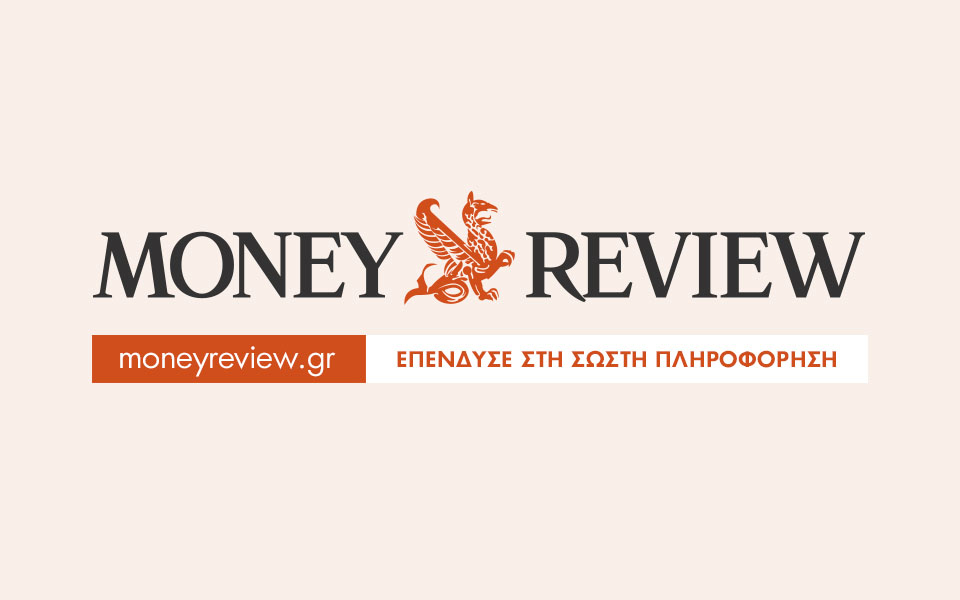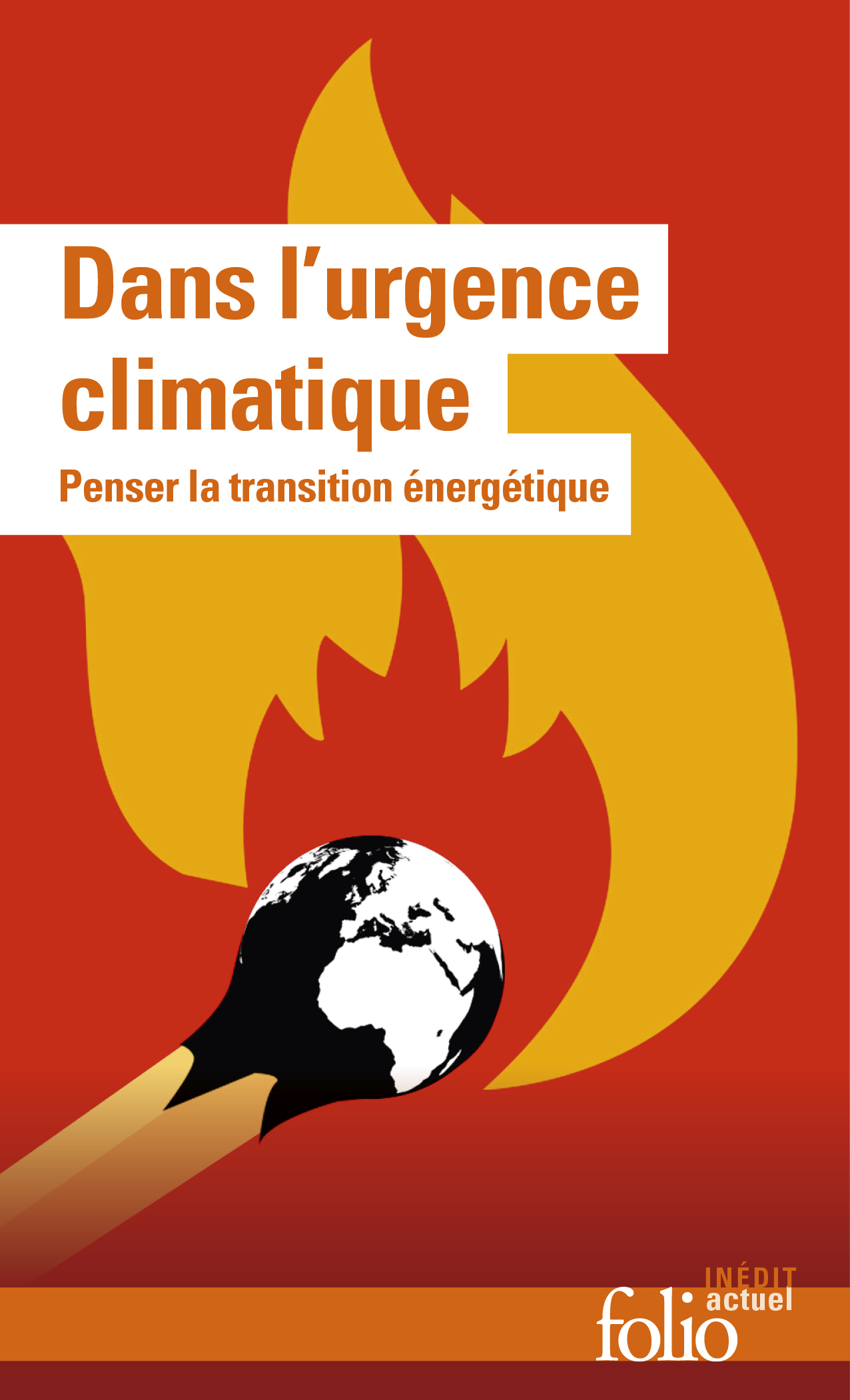Opinion
Climate change and lifestyle choices
Do we need drastic changes in our lifestyles so that we can meet our climate ambitions by 2050?
In the European Union, support for fighting climate change is very strong. Almost all (93%) of EU citizens see climate change as a serious problem according to a recent survey, and 79% consider it a very serious problem. Europeans want their governments to do more to move to cleaner energy. A staggering 92% – and more than eight in ten individuals in each EU country – agrees with the objectives of the EU’s net-zero strategy, the European Green Deal.
Under the Green Deal, which is without doubt the most ambitious such initiative globally, climate neutrality would be achieved by 2050. Achieving that requires reducing greenhouse-gas emissions as much as possible, as well as removing any remaining emissions either naturally or even mechanically. Such a goal will require effort from everyone.
In terms of top-down internal measures to get to the goal, the EU plans to speed up its emissions reduction and dedicate a large share of post-coronavirus economic recovery money to the Green Deal’s objectives. But, as perhaps the most obvious global public good, climate change mitigation fundamentally requires global cooperation. Regulators and markets need to work together to price carbon, finance green investments and phase out brown assets. And all that must be done while ensuring that this transition is fair, both between and within countries, so that the burden of adjustment is borne not just by a few, but is proportional to everyone’s means.
The big sustainability push will no doubt generate incentives for consumers and investors to move into greener behaviours. But is that enough? Can price incentives be enough to generate behavioural changes? Or, do we need drastic changes in our lifestyles so that we can meet our ambitions by 2050?
Indeed, in the same survey that found support for climate action, almost all (93%) of respondents said they appreciated that lifestyles need to be adjusted and that they had already “taken at least one specific action to fight climate change”. This adjustment came mostly in the form of recycling or cutting down consumption of disposable items. But can recycling plastic or eliminating the use of drinking straws, be the sum total of how our lifestyles need to adapt?
Efforts to promote necessary lifestyle change in the US, EU, Canada and Australia have arguably so far focused on actions that achieve rather minimal emissions savings in terms of individual carbon footprint. Things like upgrading light bulbs or recycling, which rank relatively low in terms of impact. High impact actions require much more substantive behavioural changes.
By far the highest impact, by a factor of almost 30 compared to the second highest, can be achieved by having fewer children. The developed world may in fact be aging, but according to the Pew Research Center, the world population will continue to grow until the end of the century before it flattens. China has just introduced a third-child policy to deal with its aging problem. But irrespective of where each nation is in terms of population growth, young couples rarely take family-planning decisions based on climate-mitigation considerations.
Reducing the use of cars, or at the very least switching to energy efficient cars, can make a tangible difference. The most impactful action after having fewer children is abandoning cars altogether. Achieving this at any meaningful scale requires rethinking infrastructure, from public transport networks to how and where to build residential areas. Not an easy task. But any policy that encourages switching to more efficient or electric cars can deliver tangible emissions savings. Importantly, a gradual change may help individuals adapt their lifestyle.
Other actions that deliver high gains in terms of personal carbon-footprint reductions are avoiding long-haul flights, buying green energy and switching to a plant-based diet. Not all are as easy to incentivise or require the same effort in terms of lifestyle change. Consider diet. In Europe, 10% of the population consider themselves vegetarians. But we also see that 50% of European consumers are actively reducing their meat consumption, although admittedly also for health reasons. Can diet change be done at sufficient scale to drive the necessary sustainability?
In the middle-impact category is recycling, a very popular action widely applied. But also middle-impact are actions such as washing clothes in colder water and air-drying clothes. If you have a family and live in a Northern European country that would mean a very radical lifestyle change!
How ready are we to not only respond to price incentives given by the government, but also to radically change our lifestyles in any of the above ways, to tackle the gravest challenge ahead of us? While technology also adjusts, this is a question we should all answer.
Republishing and referencing
Bruegel considers itself a public good and takes no institutional standpoint.
Due to copyright agreements we ask that you kindly email request to republish opinions that have appeared in print to [email protected].











